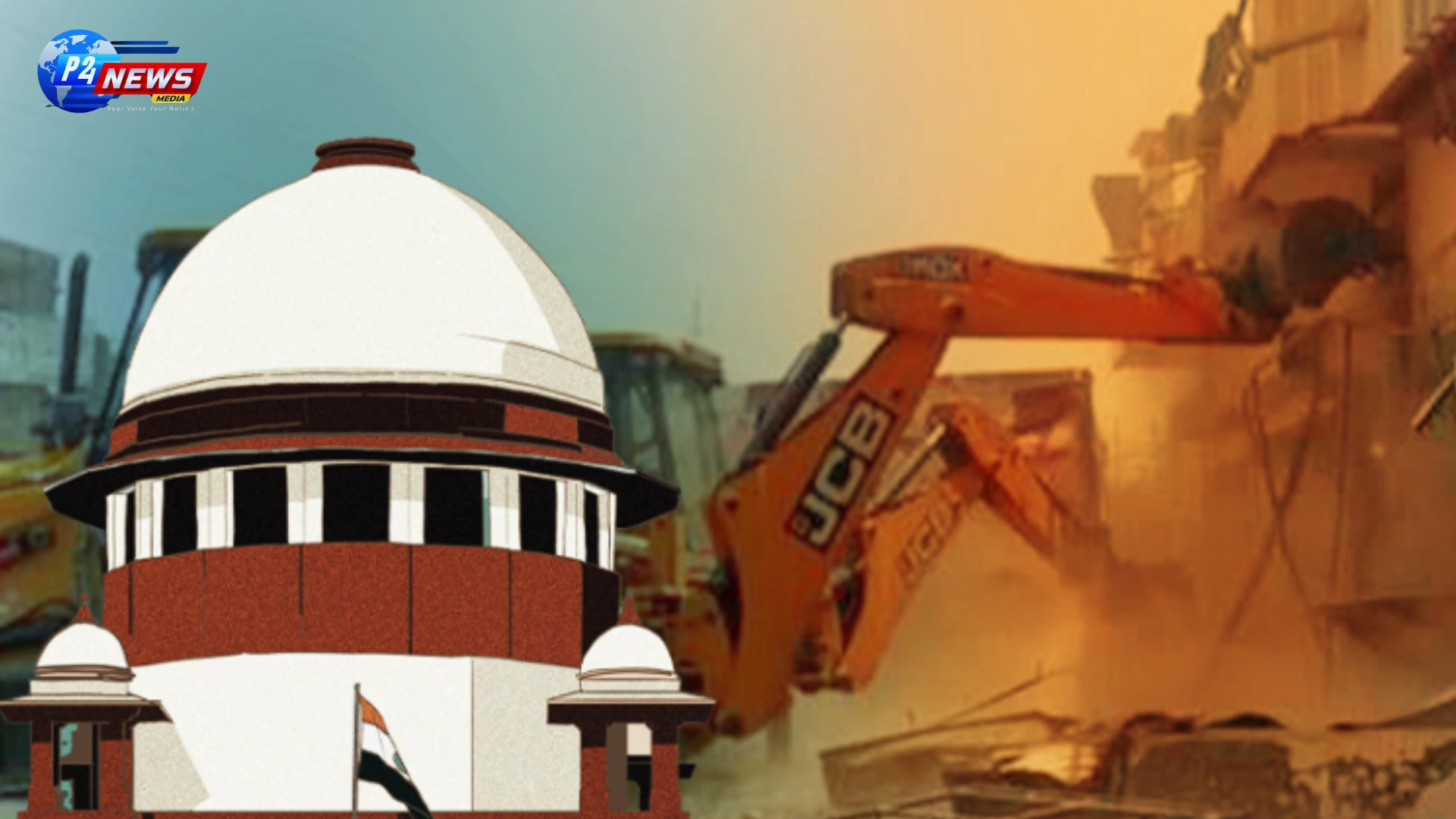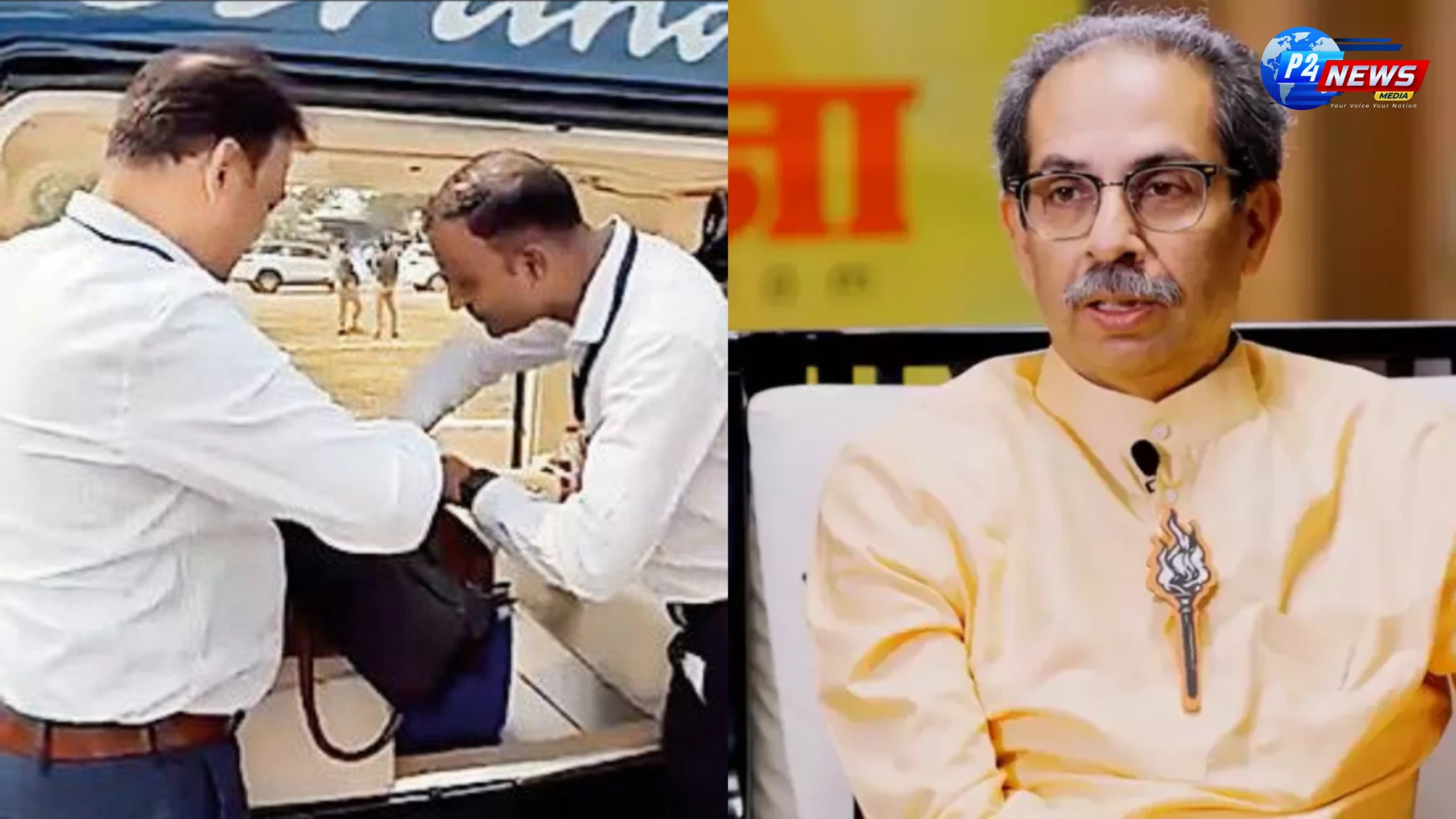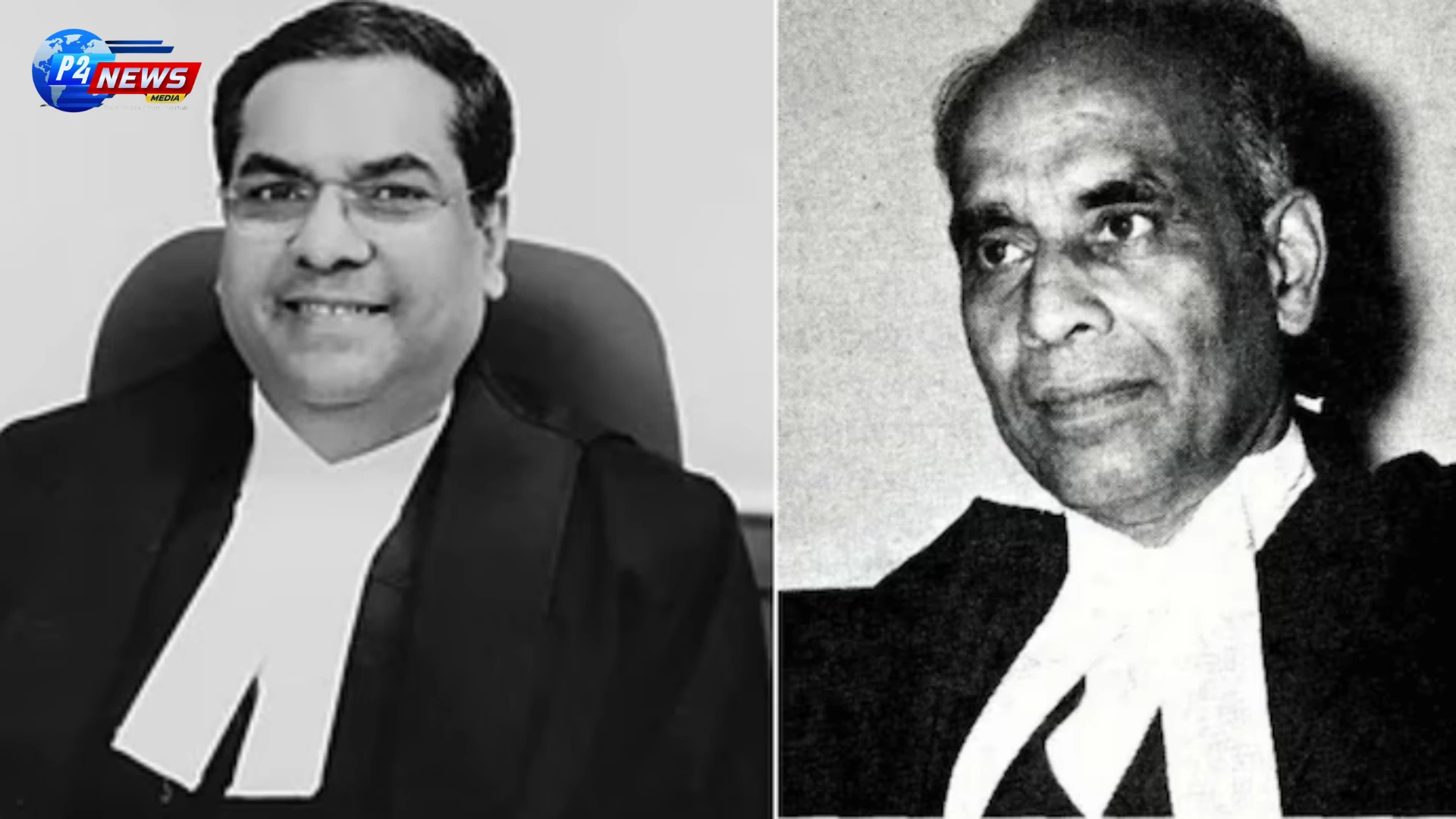The Supreme Court of India is poised to announce its decision on a crucial matter concerning property demolition regulations across the country. A group of petitions has raised concerns over potential injustices faced by individuals accused of crimes, leading to the demolition of their properties without due process.
Supreme Court's Upcoming Ruling on Property Demolitions
The Supreme Court of India is set to reveal its ruling tomorrow regarding pleas aimed at establishing guidelines for property demolitions across the nation. A bench led by Justice B R Gavai had reserved its decision on October 1, and public anticipation is mounting as the announcement approaches.
Context of the Pleas
The petitions in question highlight alarming claims that properties belonging to individuals accused of criminal activities are being demolished in various states. This has raised significant concerns about potential violations of rights and due process. The court previously indicated that demolishing a property based solely on someone's status as an accused or a convict is not justified.
Public Interest and Religious Structures
In its deliberations, the Supreme Court emphasized the necessity to prioritize public interest when it comes to structural regulations. It stated that any religious structure obstructing public pathways, regardless of its nature—whether a dargah or a temple—must be removed to maintain accessibility and public safety.
A Call for Secular and Equitable Guidelines
Justice B R Gavai remarked that the guidance being formulated is intended to serve all citizens without favoring any particular community. This reinforces the principle of secularism enshrined in the Constitution, ensuring fair treatment across diverse societal groups.
Concerns Over Property Rights
Petitions brought forth by organizations such as Jamiat Ulama-i-Hind seek directives for state governments to halt any further property demolitions linked to individuals accused of participating in riots or violent incidents. The exterior pressures placed on the judicial system highlight the ongoing discourse around civil rights in contexts of crime and punishment.
The Constitution’s Ethos
In prior hearings, the Supreme Court underscored that even a single occurrence of unlawful demolition contravenes the fundamental principles of the Constitution. The court's commitment to uphold constitutional ethos signals a potential shift towards ensuring more robust protections for property rights among accused individuals in the country.
The Implications of the Ruling
The Supreme Court's decision is expected to set a significant precedent concerning property rights and demolition practices in India. As it prepares to unveil this pivotal ruling, many await its implications for the balance between public interest, individual rights, and the procedural standards that govern property demolitions.
















Comments 0